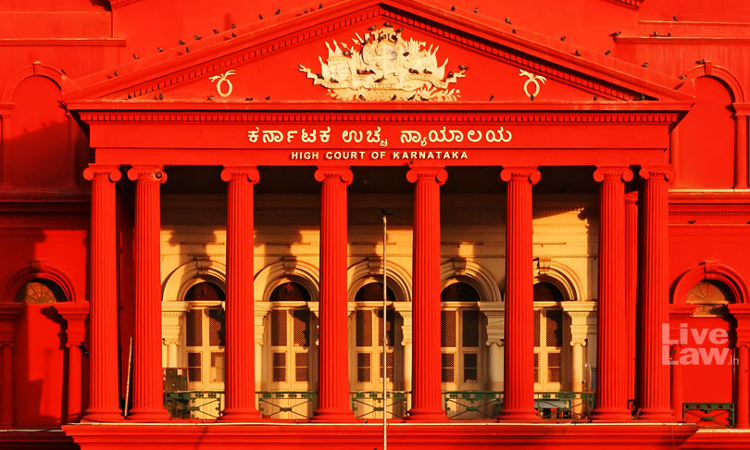POCSO Accused Not Entitled To Bail Merely On Ground Of Non-Compliance Of Section 35 : Karnataka High Court
Mustafa Plumber
8 May 2021 9:37 AM IST

Next Story
8 May 2021 9:37 AM IST
The Karnataka High Court has held that non compliance of section 35 of the Protection of Children from Sexual Offences (POCSO) Act, will not entitle the accused to be released on default bail. Section 35 of the POCSO Act provides that the evidence of the child shall be recorded within a period of thirty days of the Special Court taking cognizance of the offence and reasons for delay,...
